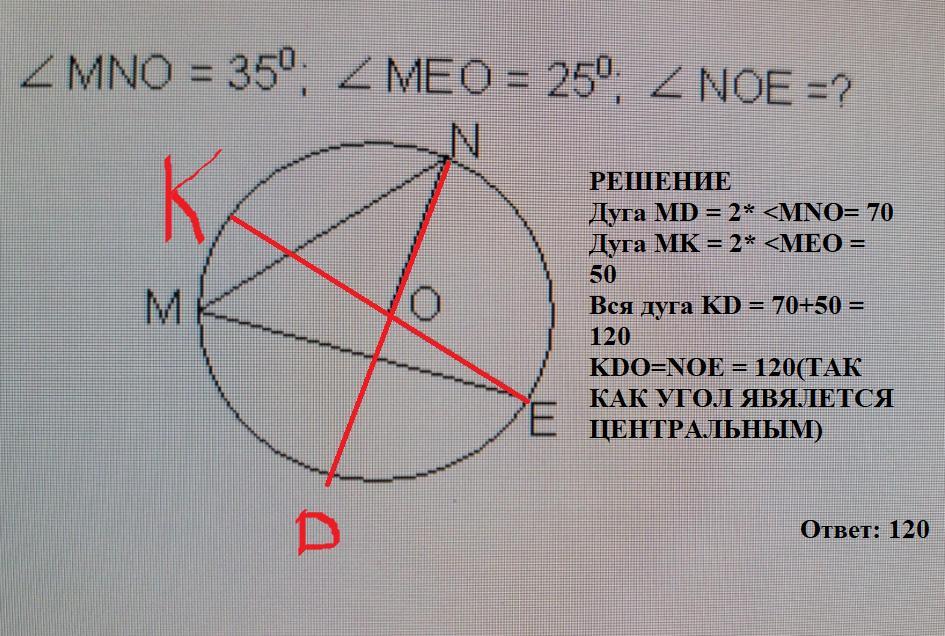Предмет: Геометрия,
автор: 8d88d828ixux
ответ с решением пожалуйста
Приложения:

Ответы
Автор ответа:
0
Ответ:
120
Объяснение:
Приложения:

Похожие вопросы
Предмет: Английский язык,
автор: Dreamm123
Предмет: Английский язык,
автор: Rinaud7
Предмет: Английский язык,
автор: fovdimaa
Предмет: Английский язык,
автор: varpovarpovich1353
Предмет: Английский язык,
автор: alexwesty